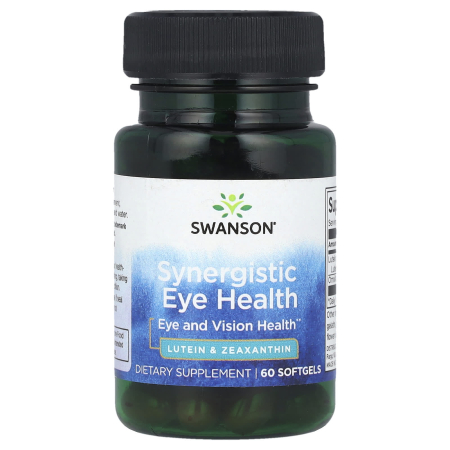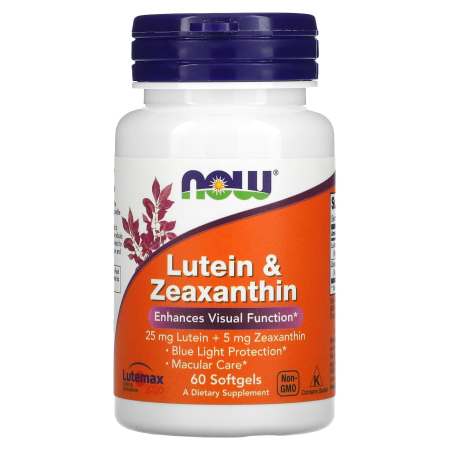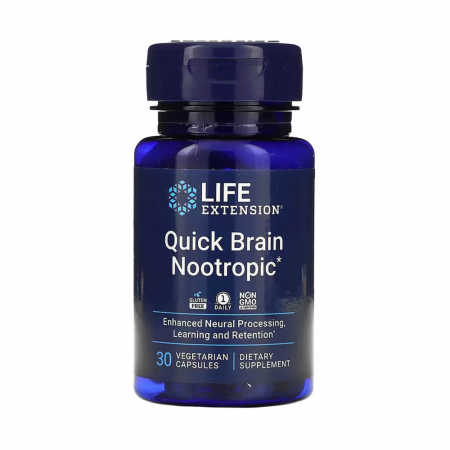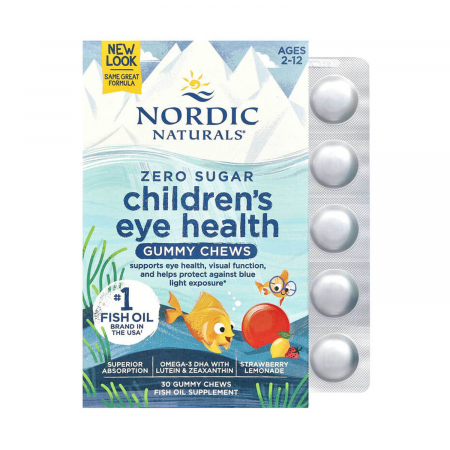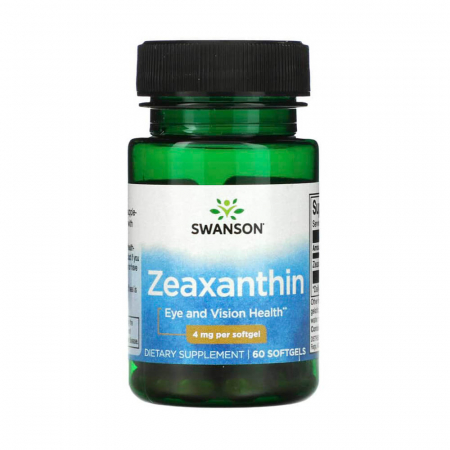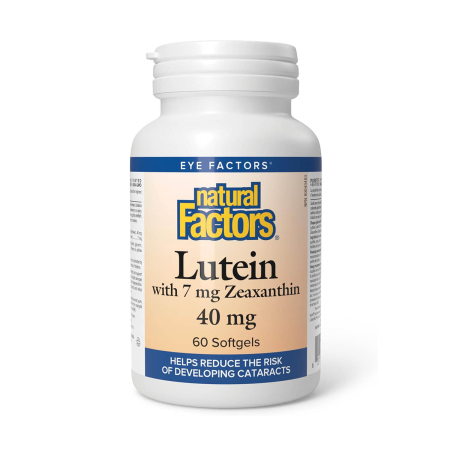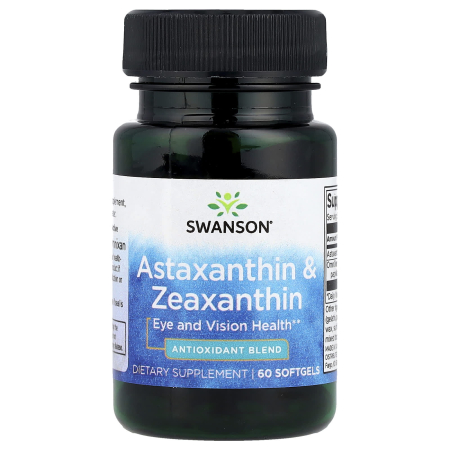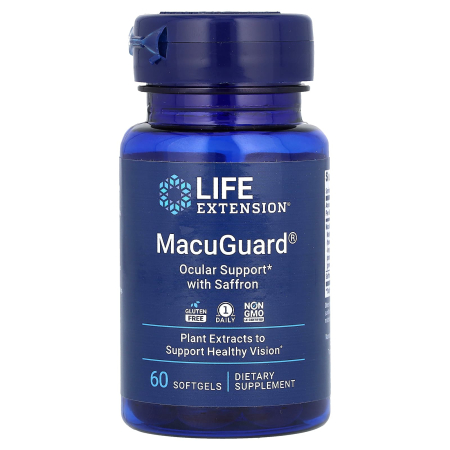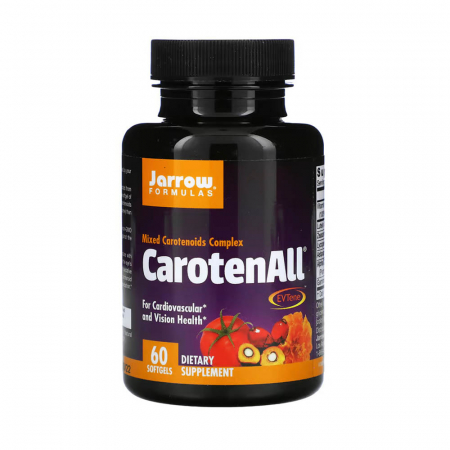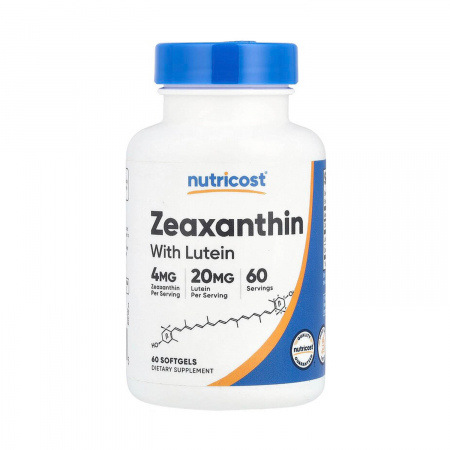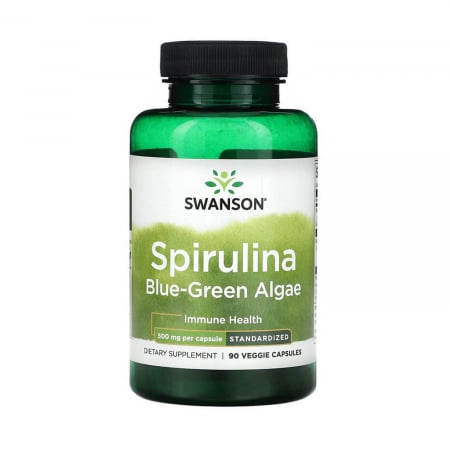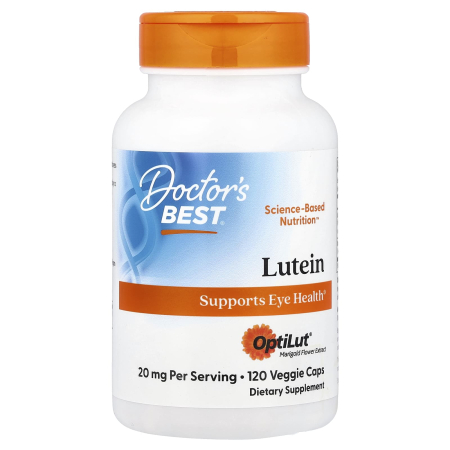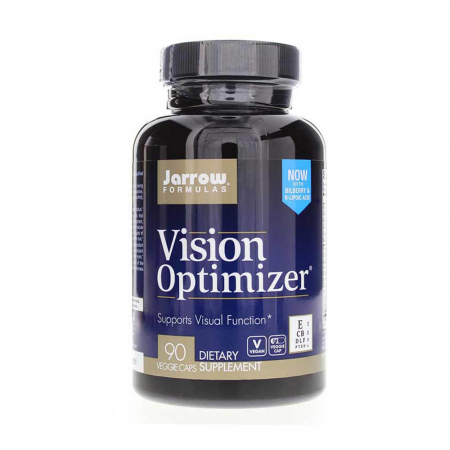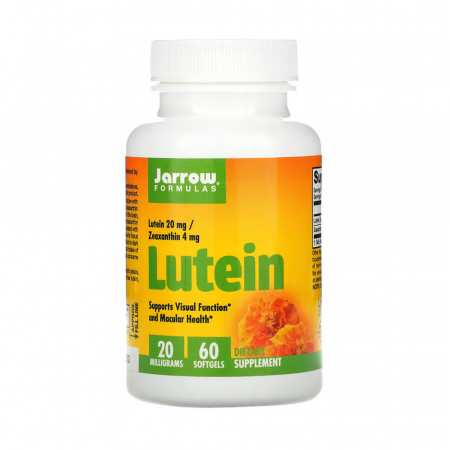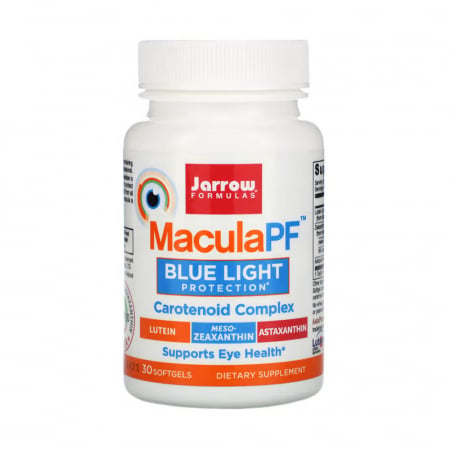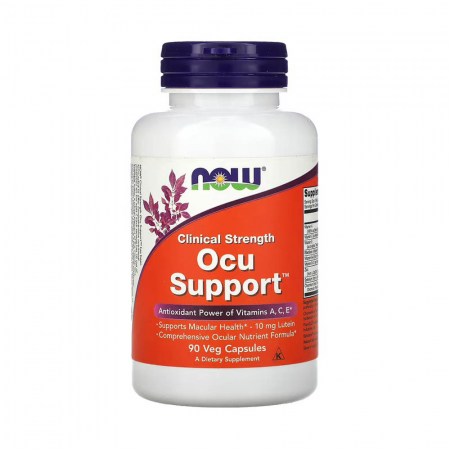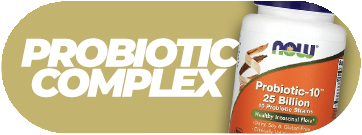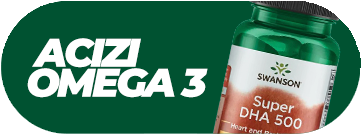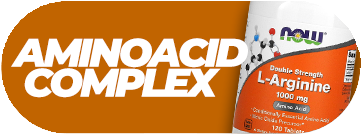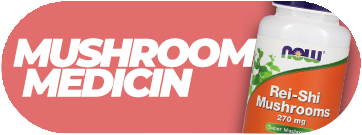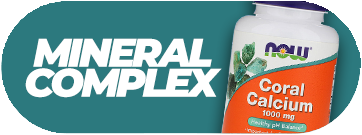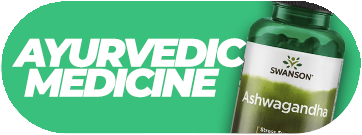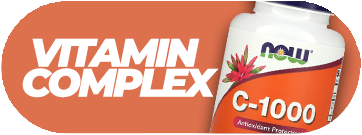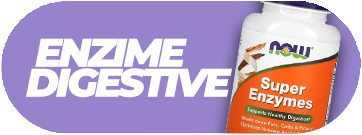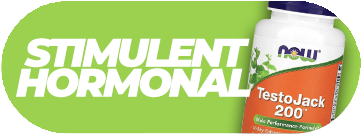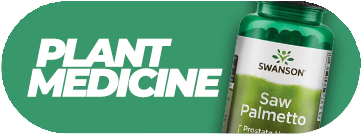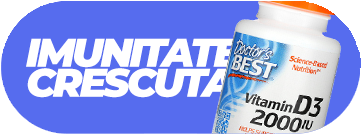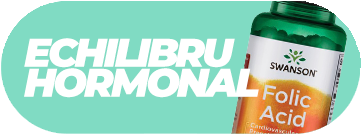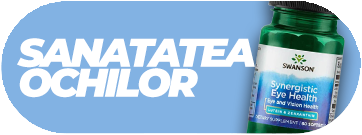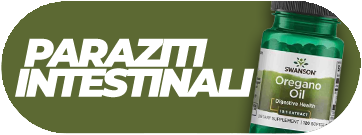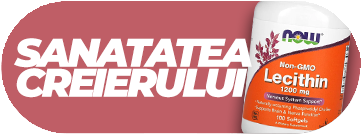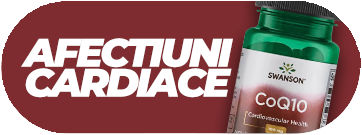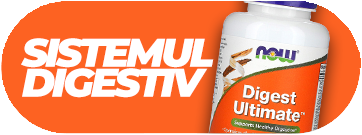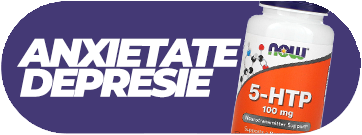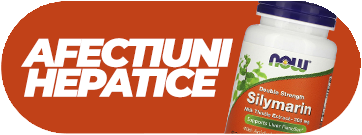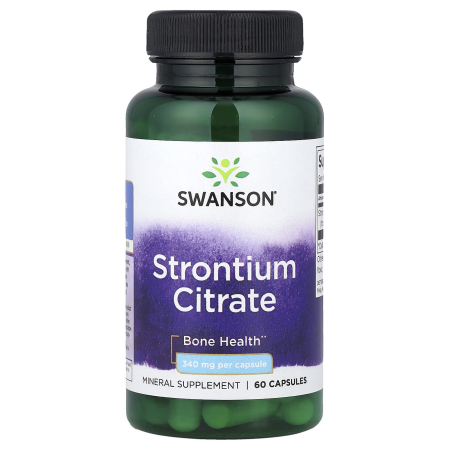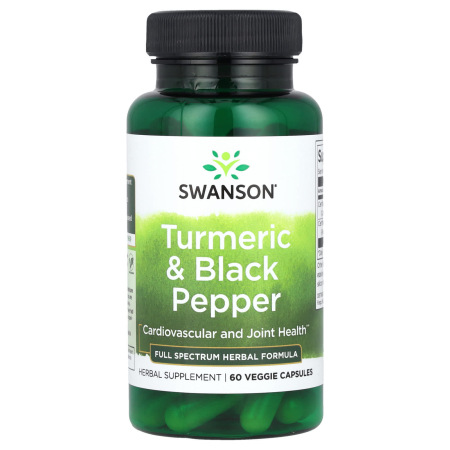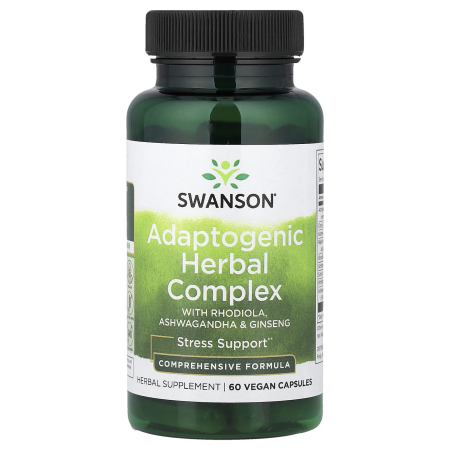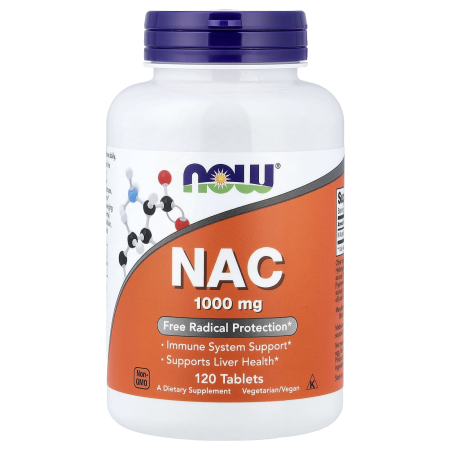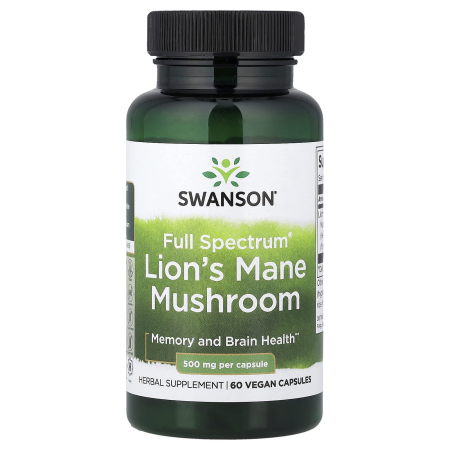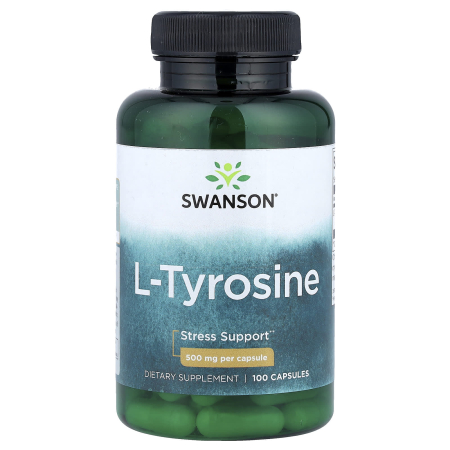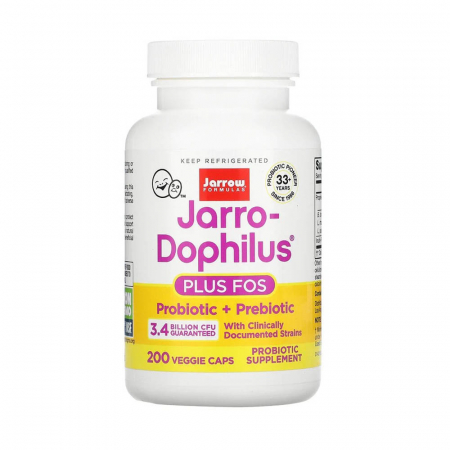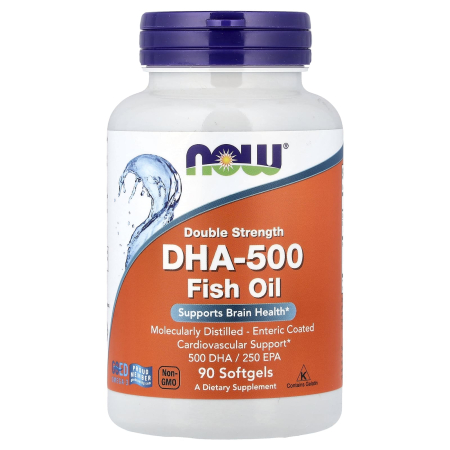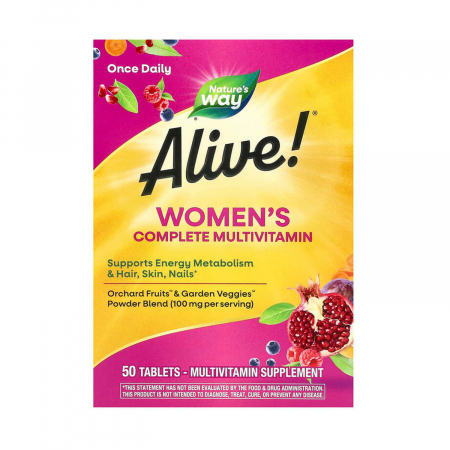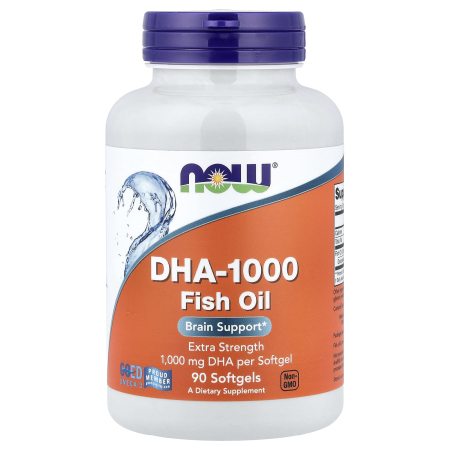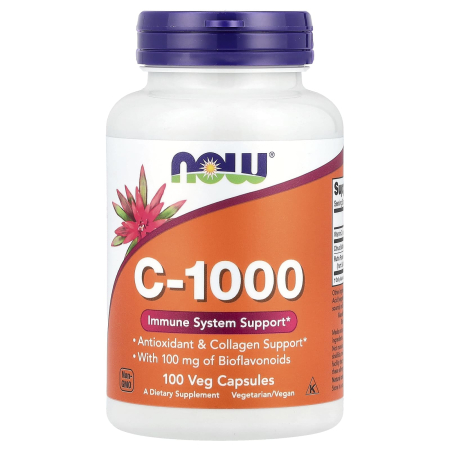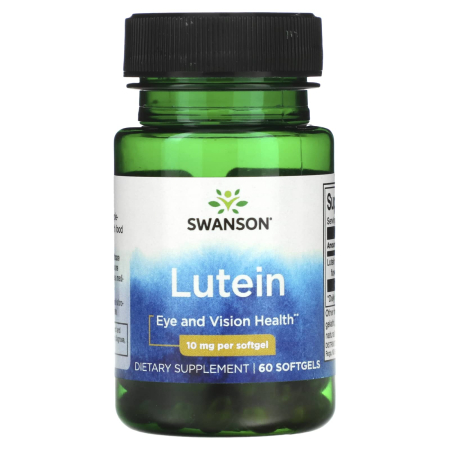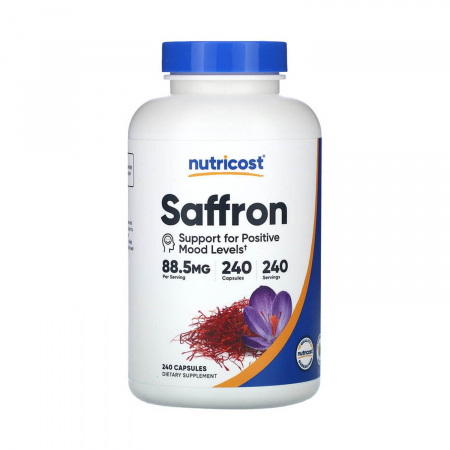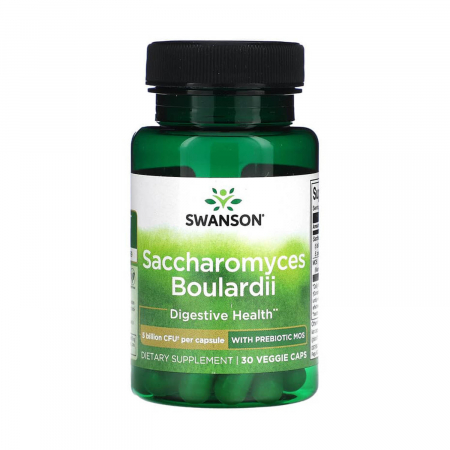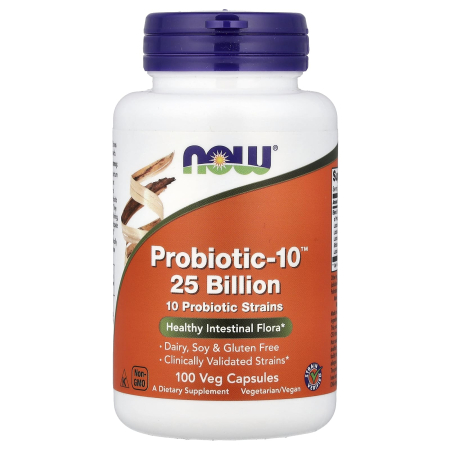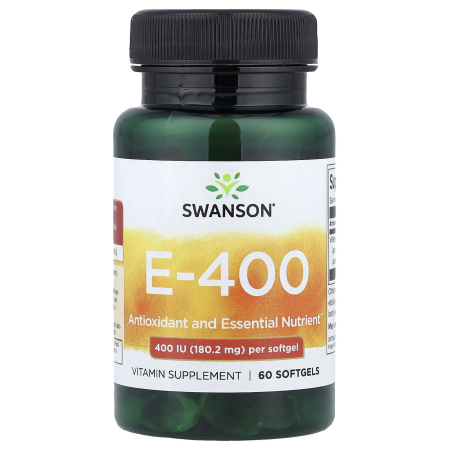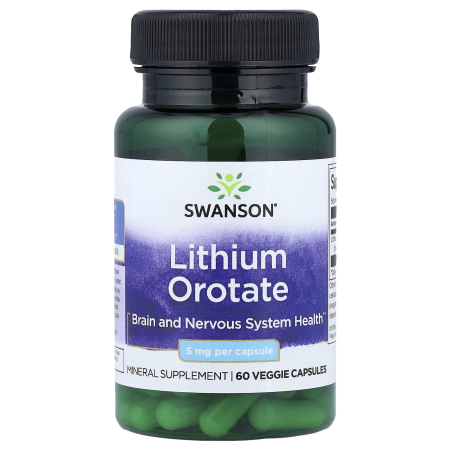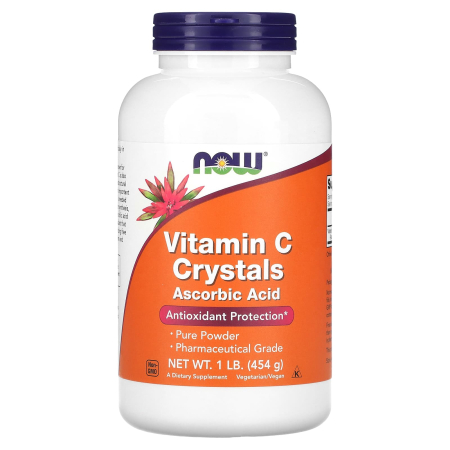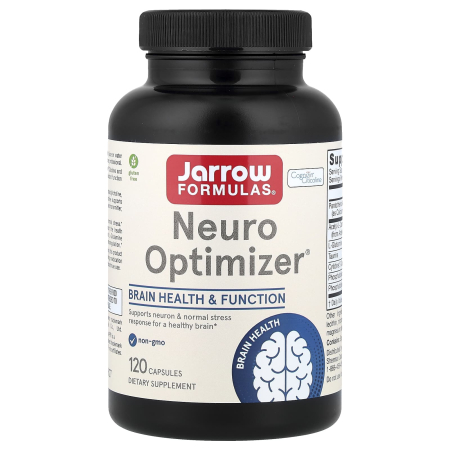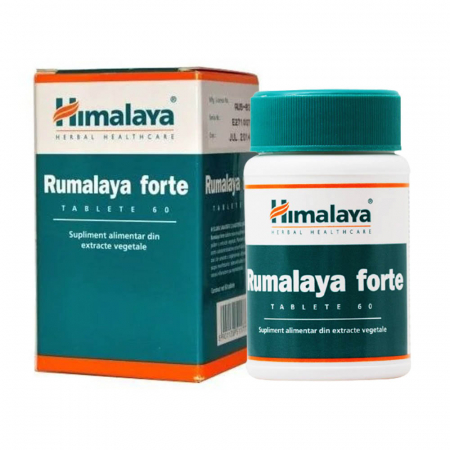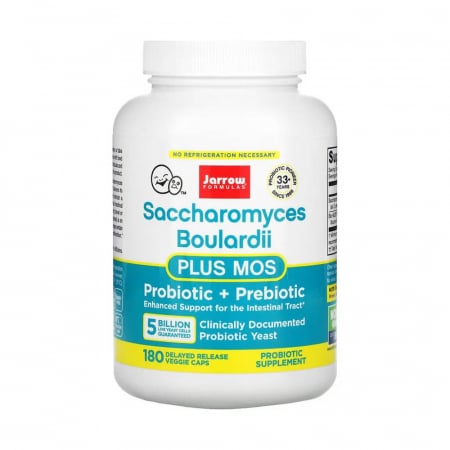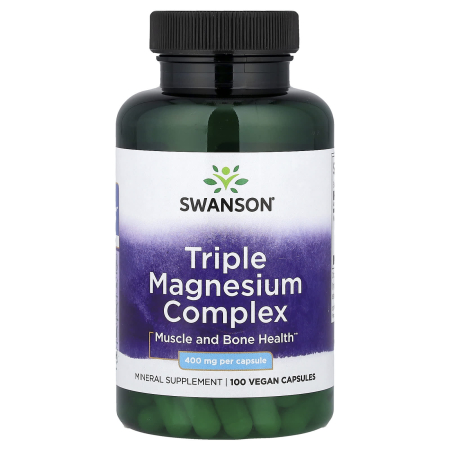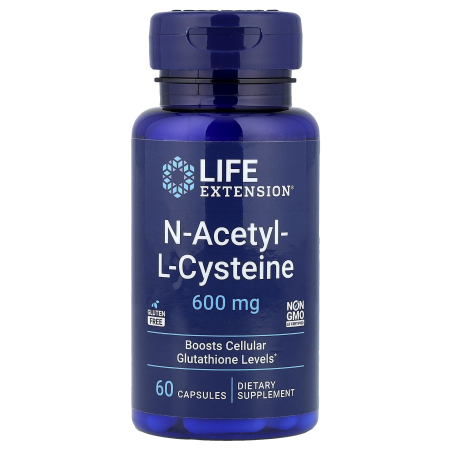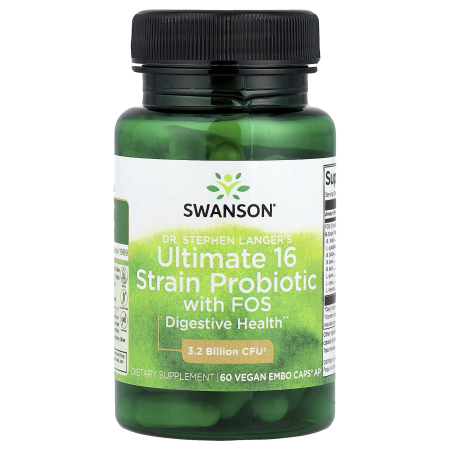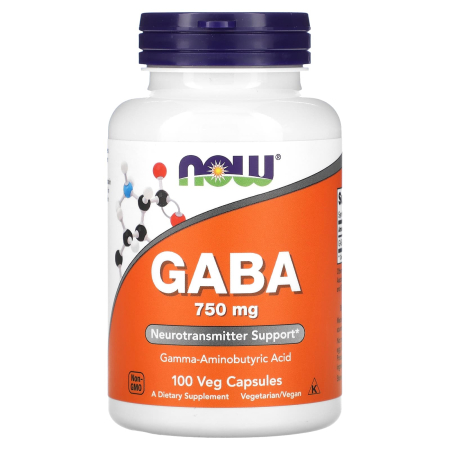Zeaxanthin
Display: 1-18 from 18 products
Filters
Doctor's Best
162,15 RON
119,99 RON
Lutein with Zeaxanthin OptiLut, 10mg, Doctor's Best, 120 capsule
Life Extension
181,15 RON
124,99 RON
MacuGuard, Ocular Support with Saffron, Life Extension, 60 softgels
Natural Factors
112,00 RON
64,99 RON
Lutein 40 mg with Zeaxanthin 7 mg, Natural Factors, 60 Softgels
What is zeaxanthin?
Zeaxanthin is one of nature's most common carotenoid vitamins, renowned for its antioxidant properties, but also for pigmenting a range of foods such as saffron, corn or red pepper. Most often, zeaxanthin is associated with lutein, because they are often found together in foods, but also because they have a number of beneficial effects on the body.
Role of zeaxanthin in the body
Zeaxanthin has several functions in the body, especially in the eye. A healthy intake of zeaxanthin can prevent eye conditions such as macular degeneration.
- Filtering 'blue light
Over time, this blue light attacks the cells of the retina, leading to macular degeneration, which is the main cause of vision loss. But the good news is that zeaxanthin, along with lutein, can protect the eyes from the negative effects of blue light. At the retinal level, zeaxanthin blocks the passage of blue light to the retina, thus reducing oxidative stress in the eye and reducing the risk of developing vision problems.
- Blocking the action of free radicals
- Prevent age-related macular degeneration
- Increased plasma lutein concentration
Properties of zeaxanthin
Zeaxanthin has a number of properties that make this vitamin a valuable ally in maintaining eye health over the years.
Zeaxanthin is a carotenoid vitamin found in the central macula of the eye, the area of the retina known as the fundus. It is this macula that is responsible for seeing things in detail. As we get older, the macula is at risk of macular degeneration, but an optimal intake of zeaxanthin (and lutein) will keep the macula healthy for as long as possible.
Zeaxanthin is a fat-soluble vitamin, which means it dissolves in fat.
Lutein is found in the macula of the eye from birth in small amounts, but zeaxanthin is not. What's interesting is that as we consume more zeaxanthin, the amount of lutein in the eye increases. Together, these two vitamins manage to protect the eyes from the effects of free radicals, blue light from digital screens and air pollution. At the same time, these two vitamins reduce the risk of eye diseases.
Risk factors for zeaxanthin deficiency
Zeaxanthin deficiency can be promoted by a number of conditions - find out if you are at risk of zeaxanthin deficiency, depending on the risk factors you are exposed to.
Tobacco and alcohol consumption can contribute to zeaxanthin deficiency. Alcohol and tobacco increase oxidative stress in the body, thereby reducing zeaxanthin levels.
Pollution also plays its part in reducing zeaxanthin levels in the body. Moreover, increased pollution increases the body's need for zeaxanthin, which can provide protection for the eyes.
As we get older, the level of zeaxanthin in the body may decrease, as may the need for supplementation of this vitamin.
Benefits of zeaxanthin for the body
The benefits of zeaxanthin to the body are not just limited to maintaining eye health, it also contributes to maintaining healthy skin as well as the cardiovascular system.
- Antioxidant effect
- Protection against sun damage to eyes and skin
- Beneficial effects in eye diseases
The lens of the eye collects light and transmits it to the retina. To do this effectively, the lens must remain clear. But free radicals and oxidative stress damage the lens, causing damage to the retina. Fortunately, zeaxanthin and its antioxidant effect keep the lens clear and can prevent cataracts from developing. What's more, zeaxanthin also improves vision in macular degeneration and other eye conditions.
- Lower risk of cardiovascular disease
- The effectiveness of zeaxanthin against various cancers
- Combating age-related macular degeneration

